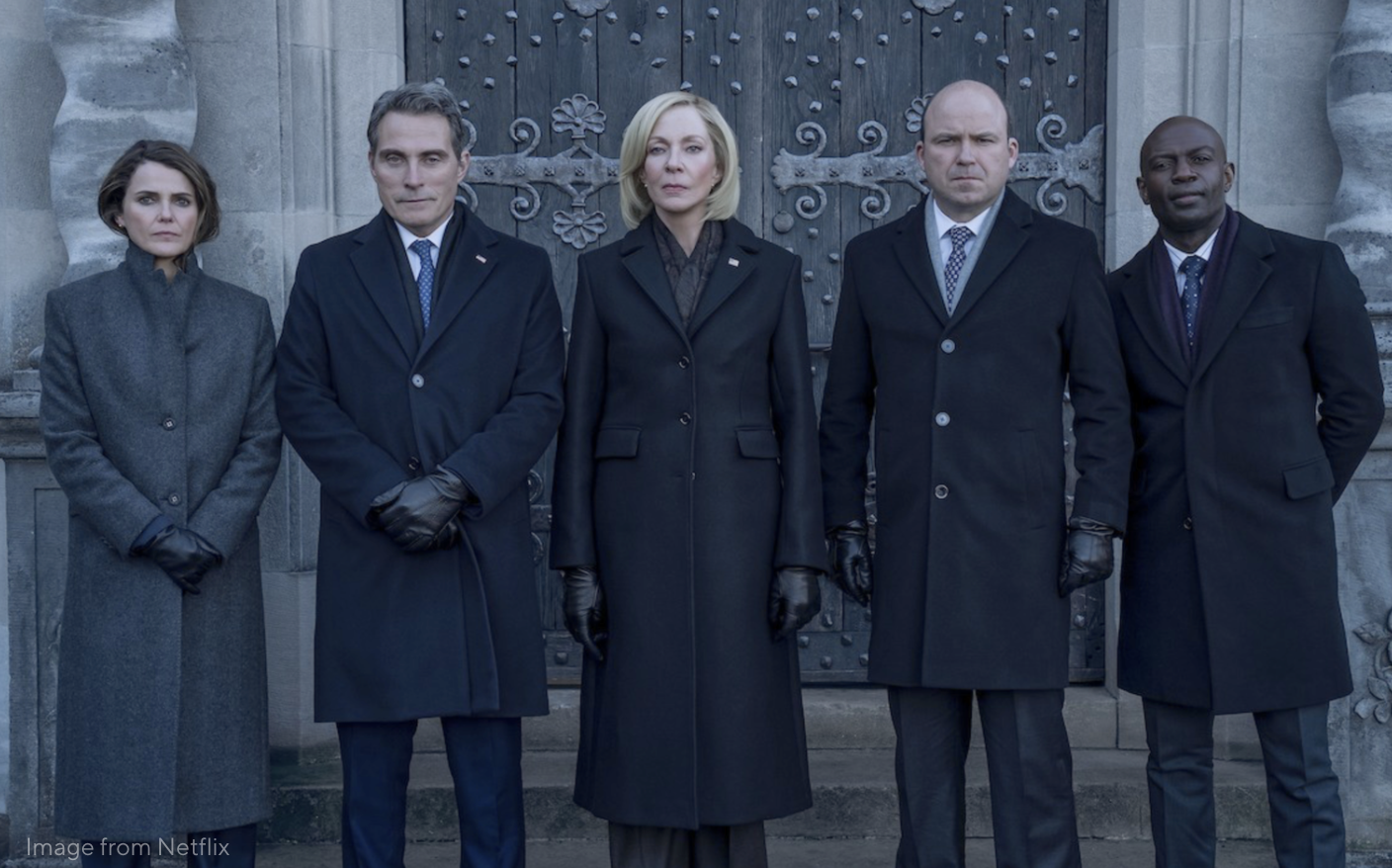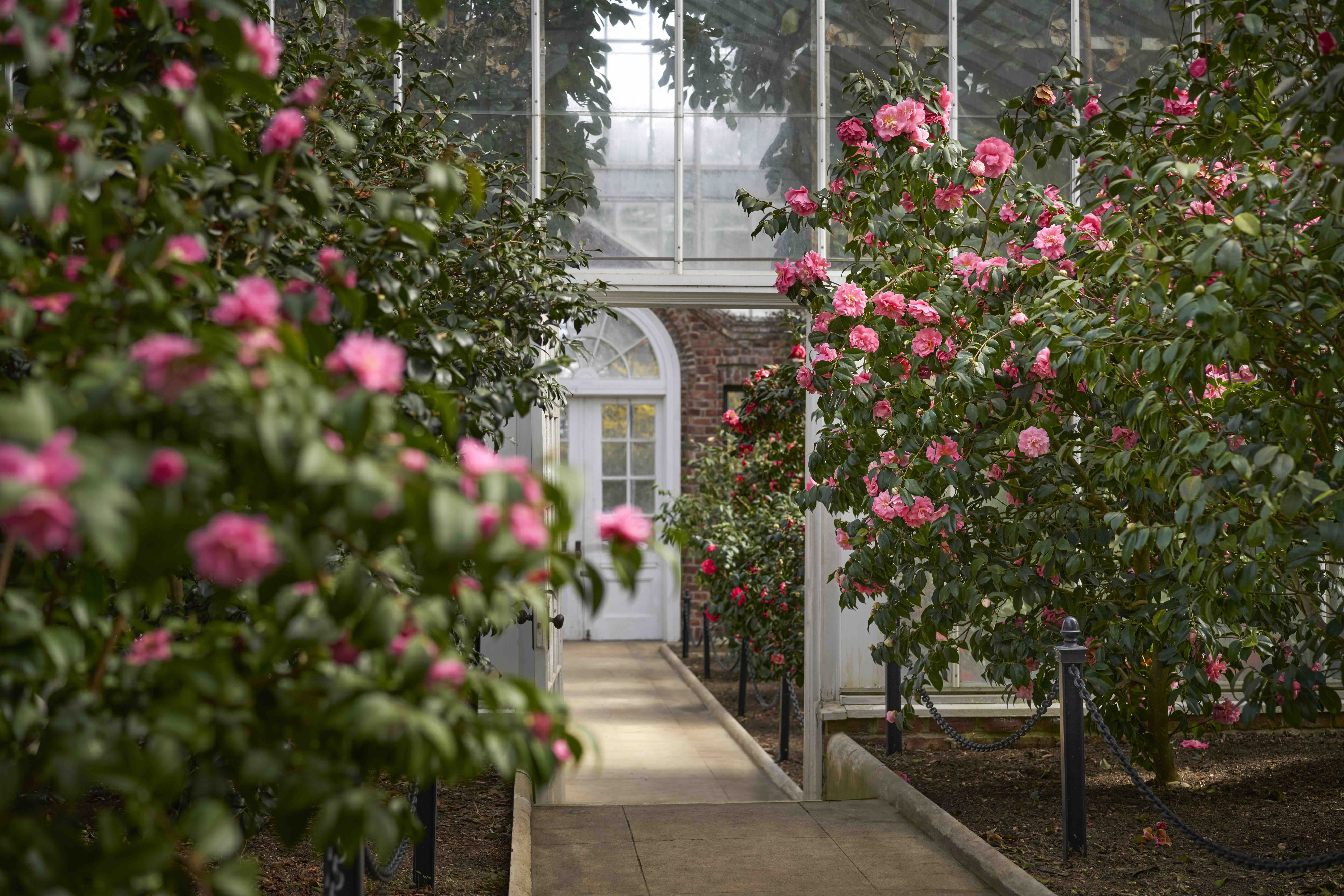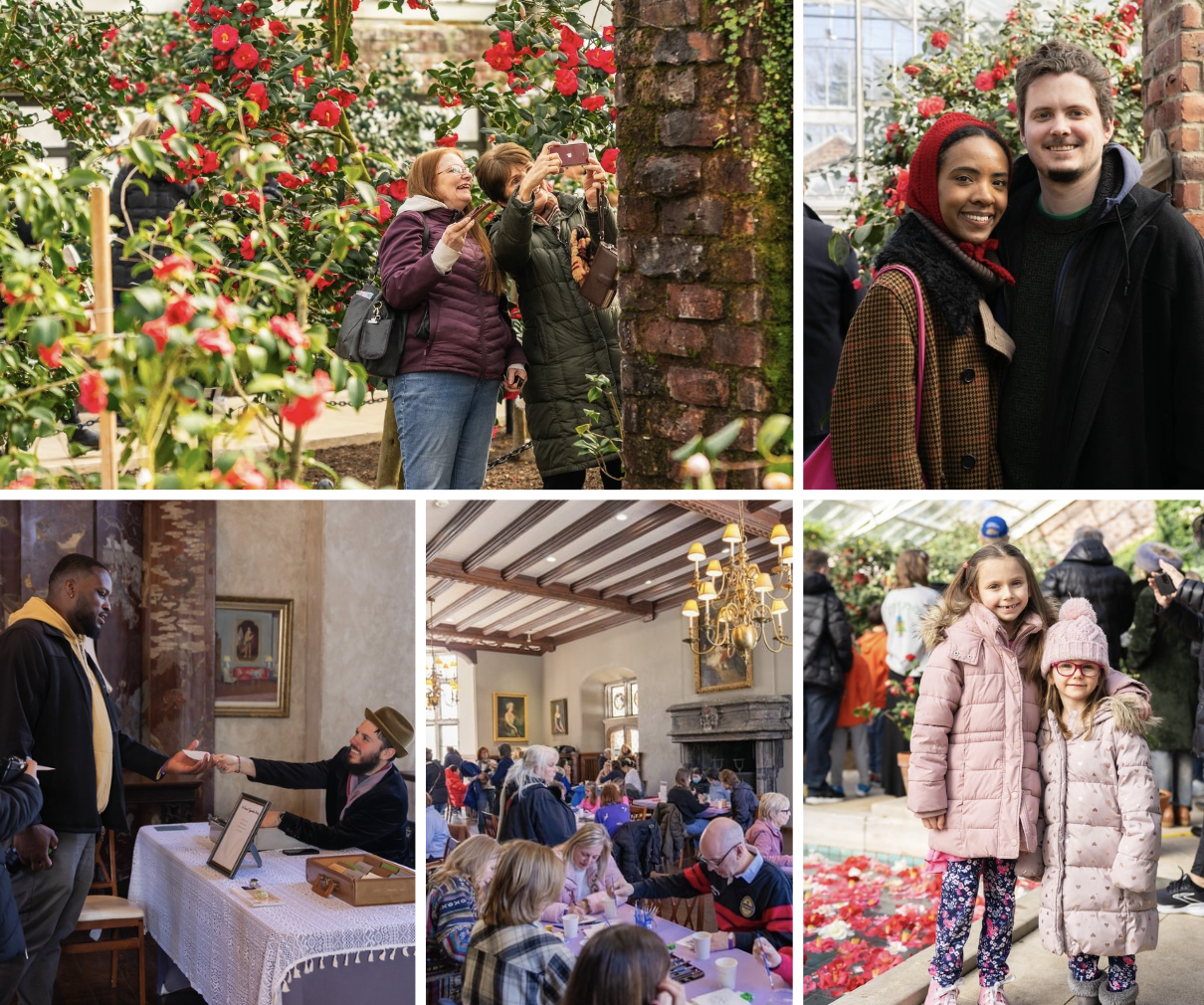- This event has passed.
SOLD OUT: Vivaldi Celebration at Planting Fields
August 30, 2025 | 1:00 pm – 2:30 pm
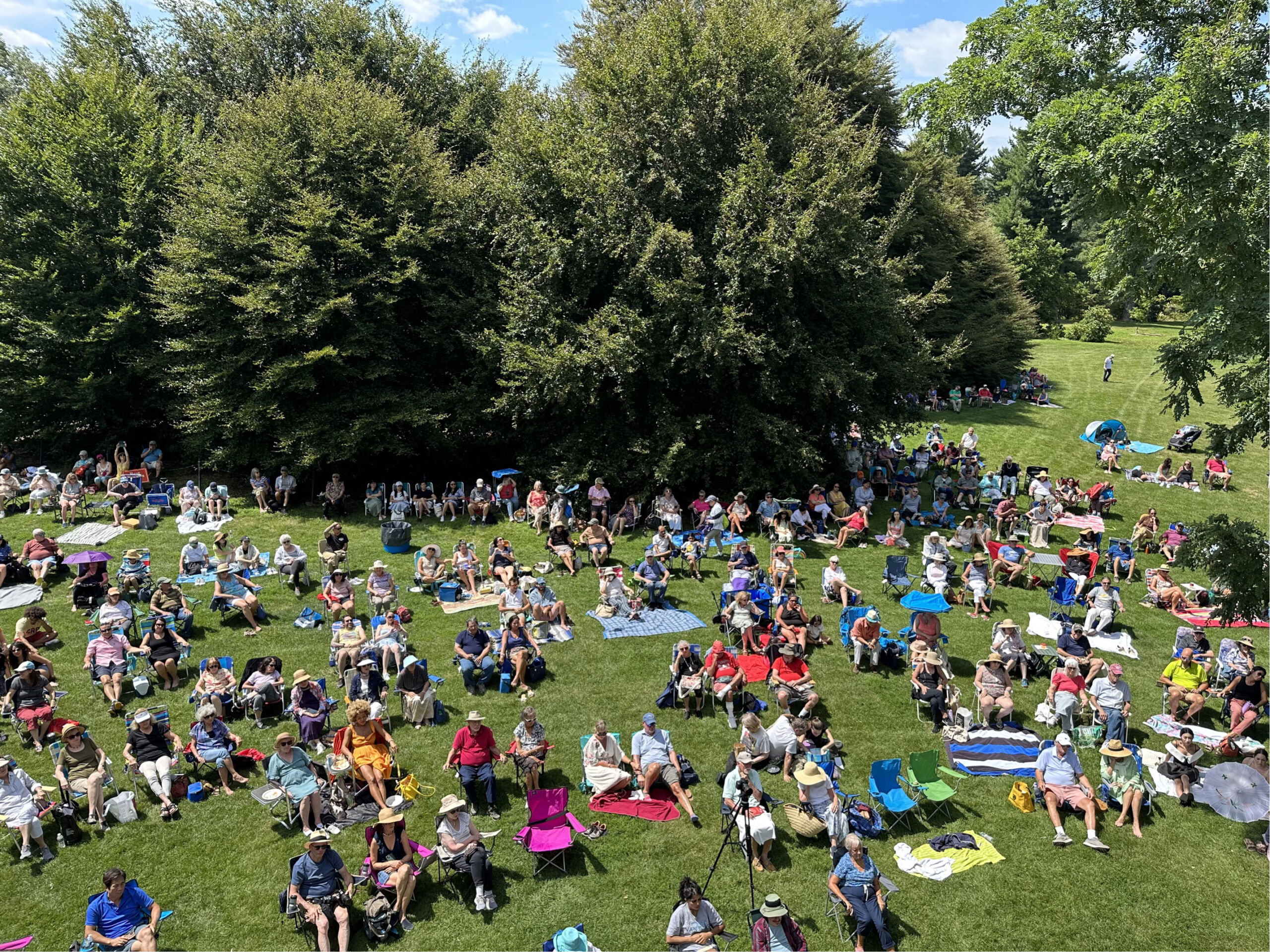
SOLD OUT! Vivaldi Celebration at Planting Fields
Saturday, August 30, 2025
1 – 2:30pm
Tickets: Adults: $10 | Children under 7: Free
Parking: $8 per vehicle (paid when you park)
Reservations required. All tickets are final sale. Rain or shine.
Please note: Bela Horvath will now perform Vivaldi’s The Four Seasons, bringing a fresh and virtuosic interpretation to this beloved masterpiece.
Join the Waitlist!
Join us for an afternoon of classical music as Planting Fields Foundation and Chamber Players International present Vivaldi’s The Four Seasons, performed by award-winning artist of international stature, Bela Horvath. Set against the lush and historic backdrop of Planting Fields, this live outdoor concert brings nature and music into perfect harmony. Horvath will bring a fresh and virtuosic interpretation to this beloved masterpiece.
Vivaldi’s timeless composition rich with the sounds of birdsong, summer storms, crisp autumn breezes, and frozen winter landscapes has inspired generations of composers and music lovers alike. This performance highlights the powerful connection between music and the natural world.
Program Schedule:
1 – 2:30pm Live Performance of The Four Seasons
Performed by Bela Horvath and Chamber Players International
Please note: The performance will last approximately 90 minutes with no intermission.
Bring a blanket, lawn chair, and picnic basket for a relaxing afternoon surrounded by beauty. Food trucks (Ben & Jerry’s Ice Cream, Monarch Foods Catering & Dom’s Chicken Finger Food Truck) will be on site with delicious offerings, and restrooms are available at the Main Greenhouse.
For questions, contact Lilly McGurk, Stewardship Director, at lmcgurk@plantingfields.org.
Artist is subject to change.
By registering for this event, you consent to Planting Fields Foundation photographing and filming during the event. These images may be used for promotional purposes, including social media, on our website, newsletters, grant requests, reports. As it may not be feasible to identify individuals who may wish to opt out, your registration implies your consent to be photographed. If you have any concerns, please contact us at lmcgurk@plantingfields.org
The Vivaldi Celebration at Planting Fields is co-sponsored by Ron and Pam Phipps.
Thank you to our partners:

About Antonio Vivaldi and The Four Seasons
The Four Seasons, composed around 1720 and published in 1725 in Amsterdam, is widely considered Vivaldi’s most famous work and a groundbreaking achievement in musical expression. Remarkably ahead of its time, Vivaldi released the concertos alongside descriptive sonnets, which were likely written by him, that vividly illustrated the scenes and emotions each season was intended to evoke.
In this masterpiece, Vivaldi depicted flowing streams, singing birds, a shepherd with his barking dog, buzzing flies, storms, frozen landscapes, and warm winter fires. It serves as one of the earliest and most detailed examples of what would later be known as program music, music with a narrative element.
Antonio Vivaldi (born March 4, 1678, Venice, Republic of Vencie [Italy] died July 28, 1741, Vienna Austria) was an Italian composer and violinist who left a decisive mark on the form of the concerto and the style of late Baroque instrumental music. He made his first known appearance playing alongside his father, Giovanni Battista, in the basilica in 1696, at age eighteen.
Today there are over 500 concerti by Vivaldi that survive. More than 300 are concerti for solo instruments with string orchestra and continuo. Vivaldi perfected the form of what would become the classical three-movement concerto. The energy, passion, and lyricism of Vivaldi’s concerti their instrumental color and simple dramatic effects rapidly passed into the general language of music. His concerti were taken as models of form by many late Baroque composers, including Johann Sebastian Bach, who transcribed ten of them for keyboard instruments. The highly virtuosic style of Vivaldi’s writing for the solo violin in concerti reflects his own renowned technical command of that instrument.
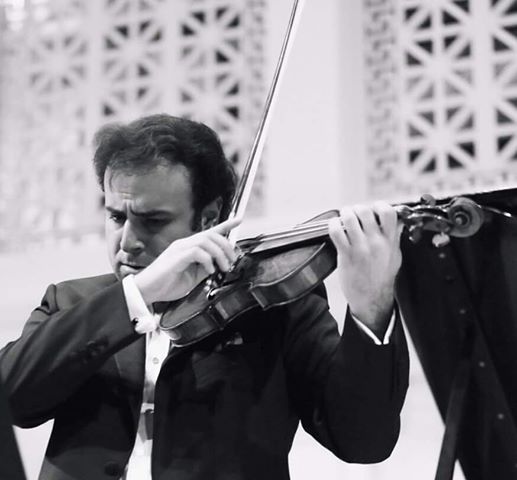 About Bela Horvath, Violinist
About Bela Horvath, Violinist
Bela Horvath is a distinguished young artist of international stature, winner of numerous prizes and awards, TV and radio appearances, and major performances in various European countries and the U.S. to his credit. In 1996, Bela entered the Béla Bartók Conservatory in Budapest, Hungary, where he studied with Istvan Kertesz, the first violinist of the Festetics String Quartet. In 1998, Bela won the National Janos Koncz violin competition in Hungary. The following year, he entered the 9th International Carl Flesch Violin Competition. As the youngest contestant, he was the fourth prize winner of that year and won a special prize for the best interpretation of a new work written for the competition by Hungarian composer, Miklos Csemicky. In 2000, Bela entered the Franz Liszt University of Music, where he began his studies with Hungarian concert violinist, Miklos Szenthelyi.
In 2002, the renowned violinist, violist, and conductor Pinchas Zukerman invited Mr. Horvath to study with him and his associate, Heifetz Institute faculty member Patinka Kopec, at the Manhattan School of Music. Bela Horvath has worked with leading violinists and pedagogues including Zakhar Bron, Jaime Laredo, Gyorgy Pauk, Ruggiero Ricci, Aaron Rosand, and Joseph Silverstein.
Mr. Horvath has also played a great deal of chamber music and has been coached by such chamber musicians and teachers as Daviel Avshalomov, Steven Dann, Eugene Drucker, Lawrence Dutton, Timothy Eddy, Joseph Kalichstein, Robert Mann, Sylvia Rosenberg, David Soyer, and Michael Tree.

